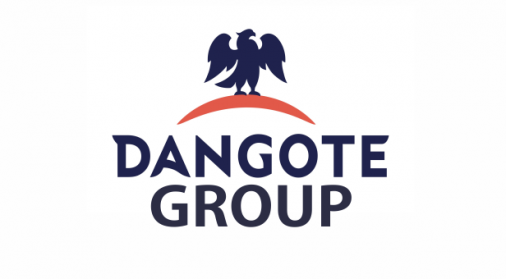The United Nations has underlined the need for governments all over the world to put women and girls at the centre of their efforts to recover from th
The United Nations has underlined the need for governments all over the world to put women and girls at the centre of their efforts to recover from the COVID-19 pandemic ravaging the world, as the panacea for economic recovery.
This call was made by the Deputy Secretary-General of the United Nations (UN) and Chair of the United Nations Sustainable Development Group, Amina Mohammed, while speaking at a Dangote Women’s Network (DWN) webinar titled: ‘Choosing to Challenge for a Win-Win: Overcoming Challenges in a Gender-Biased World’, to commemorate the International Women’s Day, which is marked in March every year.
During a virtual video call from the UN Headquarters in New York, Ms. Mohammed, who was the main Speaker at the DWN Webinar, said gender equality and women’s rights are essential to getting through the pandemic, to recovering faster, and to building a better future for the world.
Besides, President of the Dangote Group, Aliko Dangote, in his welcome remarks at the event, reiterated commitment to the empowerment of all categories of women, saying this was a top priority of the Aliko Dangote Foundation (ADF), the philanthropic arm of the Group.
The UN Chief, in her presentation said putting women and girls at the centre of any economic recovery plan would fundamentally drive better and more sustainable development outcomes for all, support a more rapid recovery, and place the world back on a footing to achieve the Sustainable Development Goals (SDGs).
“Everything we do during and after the COVID-19 crisis must aim to build more equal, inclusive and sustainable economies and societies. This is perhaps the clearest lesson emerging from the pandemic. This includes gender-responsive economic and social policies and placing women’s economic lives at the heart of the pandemic response and recovery plans,” she insisted.
Mohammed, who said the COVID-19 pandemic is deepening the already existing gender inequalities and vulnerabilities in the social, political and economic systems, insisted that there is need for governments around the world to take urgent steps to protect women and expand support services that would reduce the impact of the pandemic on them.
She said recovering better requires drawing lessons from the current pandemic to support and bolster economic recovery across the globe, and stressed the need to invest energy transition, connectivity transition, empowerment and sustainable infrastructure, to enable the world bounce back better from the current socio-economic crisis.
The UN Deputy Sec-Gen also commended the President of the Dangote Group, Aliko Dangote for his contribution through social and economic investment in women and in other sectors of the economy. “Let me begin by thanking my brother, Aliko Dangote’s support not just in advocacy, he has put his actions and investment in women. You can see that in the work he does in the Aliko Dangote Foundation, in the group and in the spaces he occupies.”
In his additional remarks, Dangote stated that women empowerment would enable them play important roles in supporting a sustainable future in the society and the entire world.
According to him, the Dangote Group, through ADF, has been fully engaged in women empowerment through the provision of nutrition to women and children as well as education of girl child. “This is a testament of our unrelenting efforts to promote the development of the girl-child and ultimately the empowerment of women, not only within the Dangote Group, but also within our communities and the nation at large,” he added.
Speaking further, Mohammed said that about 50 per cent of working women lost their jobs during the COVID-19 lockdown, saying the situation is even worse in the informal economy where jobs are neither legally regulated nor protected.
“During the year, as we tried to address the lockdown and health crises, which really fell on the shoulders of women, we also had to deal with a double effect of the social economic impact. We found that women were most hit in the formal sector where we have only 39 per cent of the global workforce. In the process, 50 per cent of women have lost their jobs. So, it was real double trouble for women,” she stated.
Mohammed said the UN was doing everything possible to ensure women are given the right they deserve. “The Commission on the Status of Women (CSW) which is the principal global intergovernmental body dedicated to the promotion of gender equality and the empowerment of women starts next week. Member States will come together to try to push forward the issues of women, their rights and the progress we have made on the various resolutions and the framework that we had since Beijing,” she noted.
